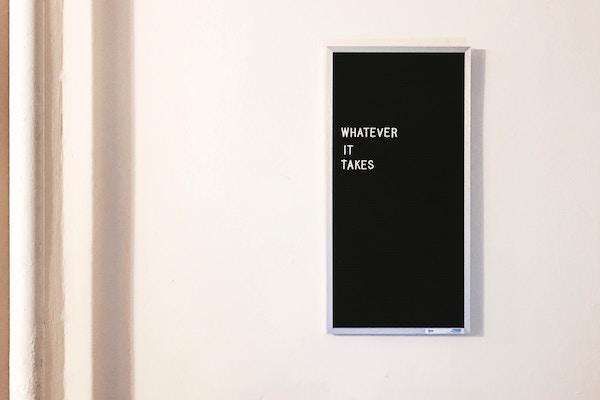Are Certifications and Licenses Necessary to Get Hired?
Published: Jun 06, 2018

According to a 2018 Job-Hopping Report by LiveCareer, when employers post job ads, they list desired or required certificates and licenses 27 percent of the time. Likewise, when jobseekers create their resumes, they include certificates and licenses 27 percent of the time. Of course, the percentages vary by industry. And, in some cases, there’s a big discrepancy between what employers want and what jobseekers think employers want.
In some fields, none of the employers LiveCareer analyzed in its report listed certifications or licenses in job ads. Meanwhie, a fair number of jobseekers in those same industries were listing them on their resume. This could indicate that jobseekers might be subscribing more importance to these credentials than the employers they’re hoping to impress.
For example, in job ads for customer service reps, sales associates, and software developers, no employers requested specific licenses or certificates. However, 17 percent of customer service rep jobseekers, 13 percent of sales associate jobseekers, and 29 percent of software developer jobseekers did list licenses and/or certificates on their resumes.
In other industries, there’s relatively close alignment between the value employers and jobseekers place on these credentials. For example, in accounting, 40 percent of employers mention certificates and licenses in job ads, while 36 percent of jobseekers list these same credentials. Similar alignment exists between employers and jobseekers in registered nursing roles (70 to 64 percent) and teaching jobs (45 to 36 percent). These similarities aren’t all that surprising, since all three of these industries require some form of licensing prior to employment.
One thing jobseekers in these fields should note is the fact that, across the board, employers are placing a greater emphasis on these credentials than jobseekers seem to be placing on them, based on a study of their resumes. And so, those seeking work in these industries should either obtain the required licensing or revise their resumes to reflect certificates they’ve already received.
Informational interviews
The informational interview is an underutilized secret weapon for many jobseekers. And a terrific way to help you decide whether or not to invest in getting certain certifications or licensing is to speak with professionals who have the job you want and are willing to talk about their career paths and which credentials they’ve found are relevant to their success. Of course, make sure to prepare your questions in advance of your meetings in order to make the most of them. To that end, there are many online resources available that can help you focus your discussions (a good place to start is to search for "certifications required in [the specific industry you're interested in]"). And it’s important to note that since 85 percent of all jobs are filled through networking, taking the time to set up an informational interview or two can be valuable in other ways as well.
Personalize your resume
Whether or not you have certifications and licenses, you should personalize your resume for every job you apply for. What does personalization mean on a resume? It means studying the required skills, required experience, and educational requirements for each job, and then rewriting parts of your resume to echo the employer’s needs (if you have those requirements).
Final thoughts
While the LiveCareer report provides evidence that some professionals and jobseekers could save time and money by being choosier about the certifications and licenses they acquire in the pursuit of professional success, the study by no means finds that across the board these types of certifications are becoming obsolete.
Research is still a jobseeker’s best tool. Informational interviews, independent research, and the study of well-written job ads can often produce all the answers a jobseeker needs regarding the credentials necessary for professional success. Investing time in this process can save some workers a lot of time and money, otherwise wasted on educational pursuits that aren’t impactful to employers.
Additional findings on certificates and licenses (as well job hopping and job tenure across generational and educational lines) are available via the 2018 Job-Hopping Report. Also available is a free PDF download of the full report.
LiveCareer has been helping jobseekers write persuasive cover letters, develop better interview skills, and create resumes via its free resume builder since 2005. Check out its collection of free, professionally written resume templates and cover letter templates, all of which are organized by industry and job title.
